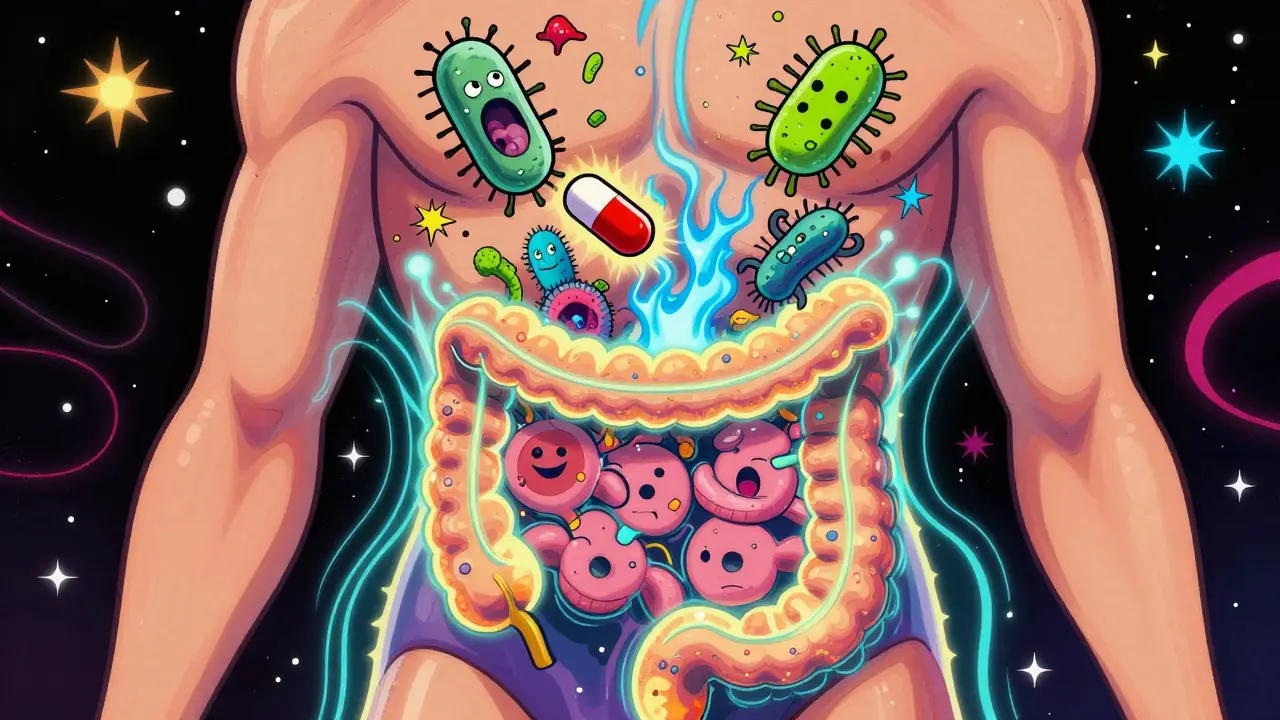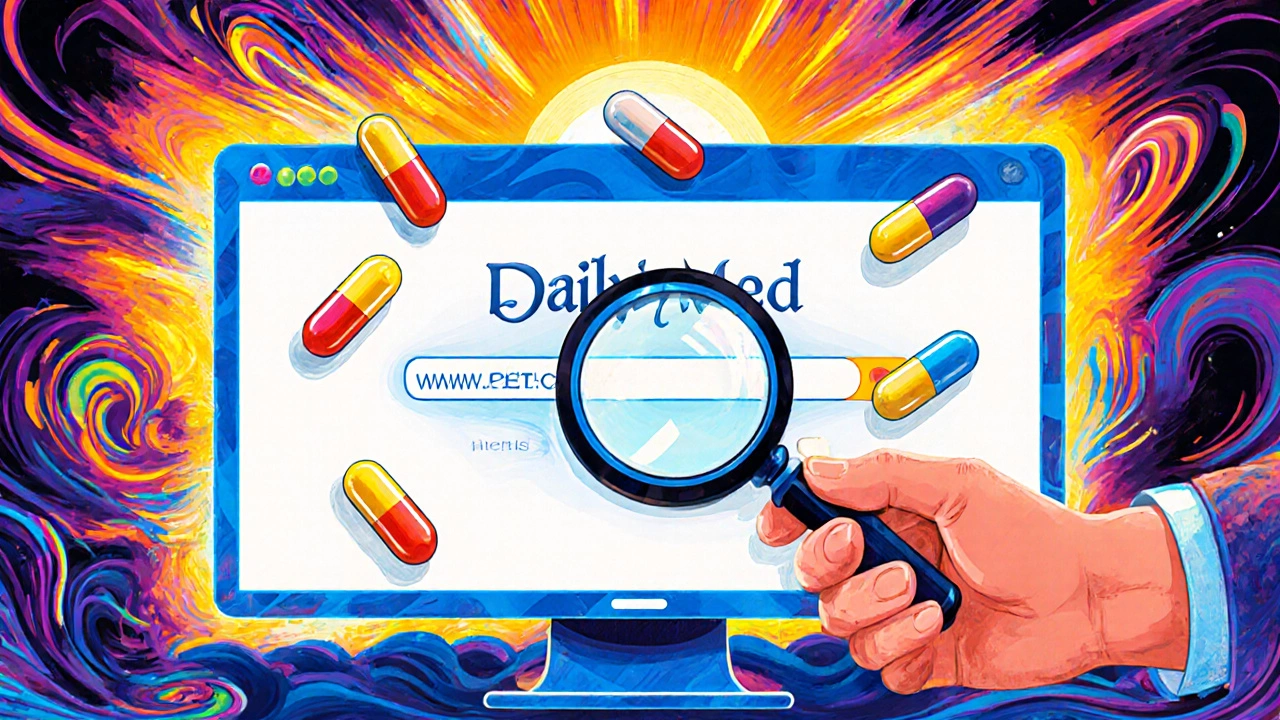
How the Microbiome Affects Drug Side Effects and Personalized Medicine
Gut bacteria can turn medications into toxins or deactivate them entirely, causing unexpected side effects. New research is revealing how the microbiome impacts drug metabolism-and how we can personalize treatment to prevent harm.
View More



